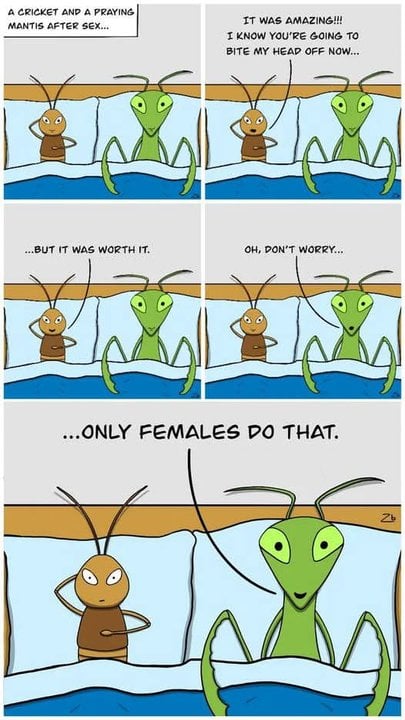Did you know: octopus typically die shortly after giving birth?
I always loved these creatures. Now they have kinda a this tragic final sacrifice
female octopuses typically die shortly after giving birth; this is because they dedicate all their energy to protecting their eggs, stopping eating once they lay them, and essentially starving themselves until the eggs hatch, at which point they die.
Key points about this behavior:
Semelparity:
This phenomenon is called semelparity, meaning an organism reproduces only once in its lifetime and then dies.
Egg guarding:
After laying eggs, the female octopus diligently guards them, not leaving to hunt for food.
Physiological changes:
Studies suggest hormonal changes, particularly related to the optic gland, play a role in triggering this self-destructive behavior.
Impact on lifespan:
This reproductive strategy significantly shortens the lifespan of a female octopus.
female octopuses typically die shortly after giving birth; this is because they dedicate all their energy to protecting their eggs, stopping eating once they lay them, and essentially starving themselves until the eggs hatch, at which point they die.
Key points about this behavior:
Semelparity:
This phenomenon is called semelparity, meaning an organism reproduces only once in its lifetime and then dies.
Egg guarding:
After laying eggs, the female octopus diligently guards them, not leaving to hunt for food.
Physiological changes:
Studies suggest hormonal changes, particularly related to the optic gland, play a role in triggering this self-destructive behavior.
Impact on lifespan:
This reproductive strategy significantly shortens the lifespan of a female octopus.
















